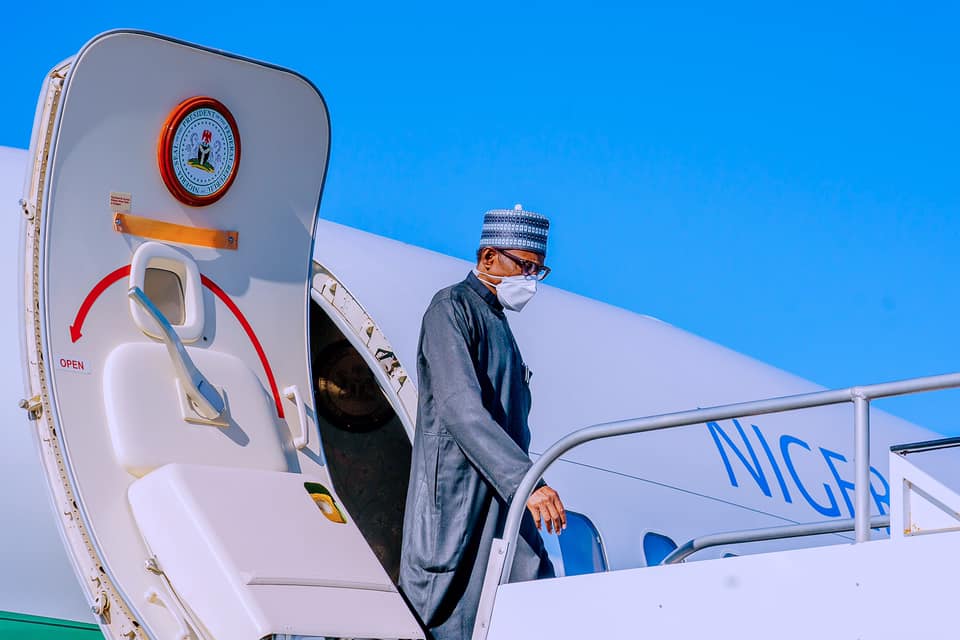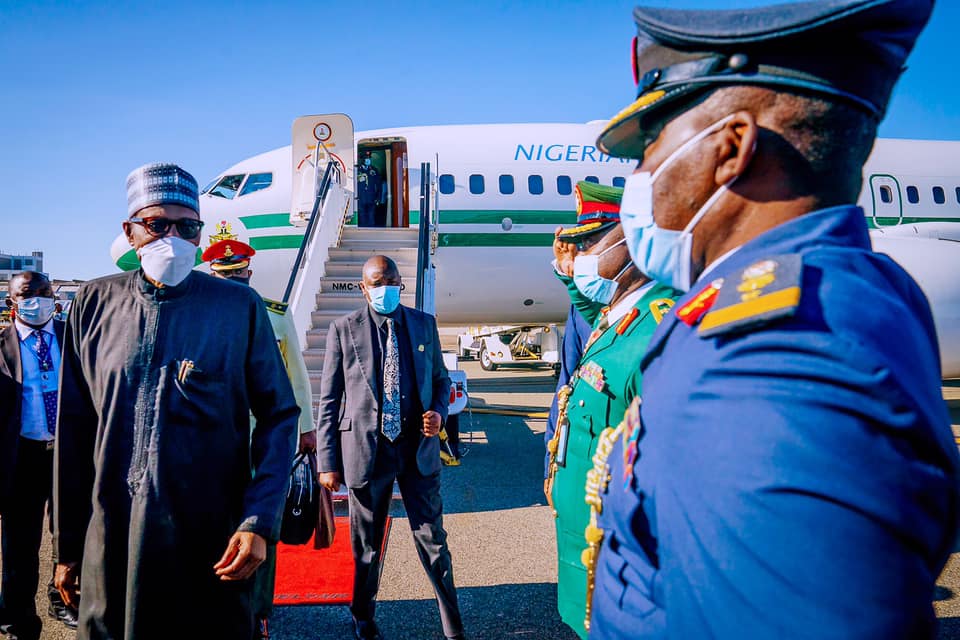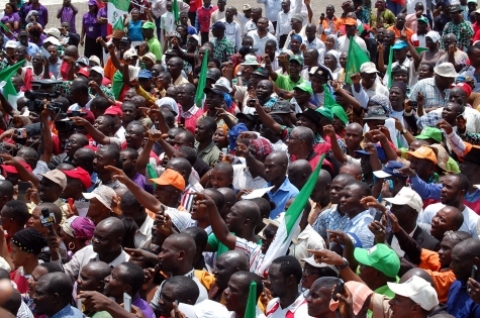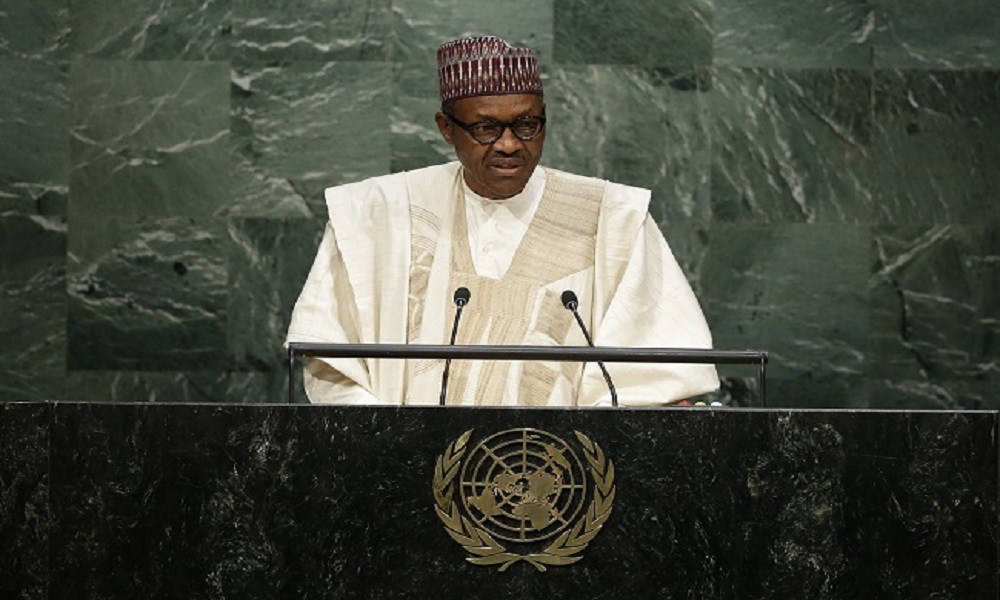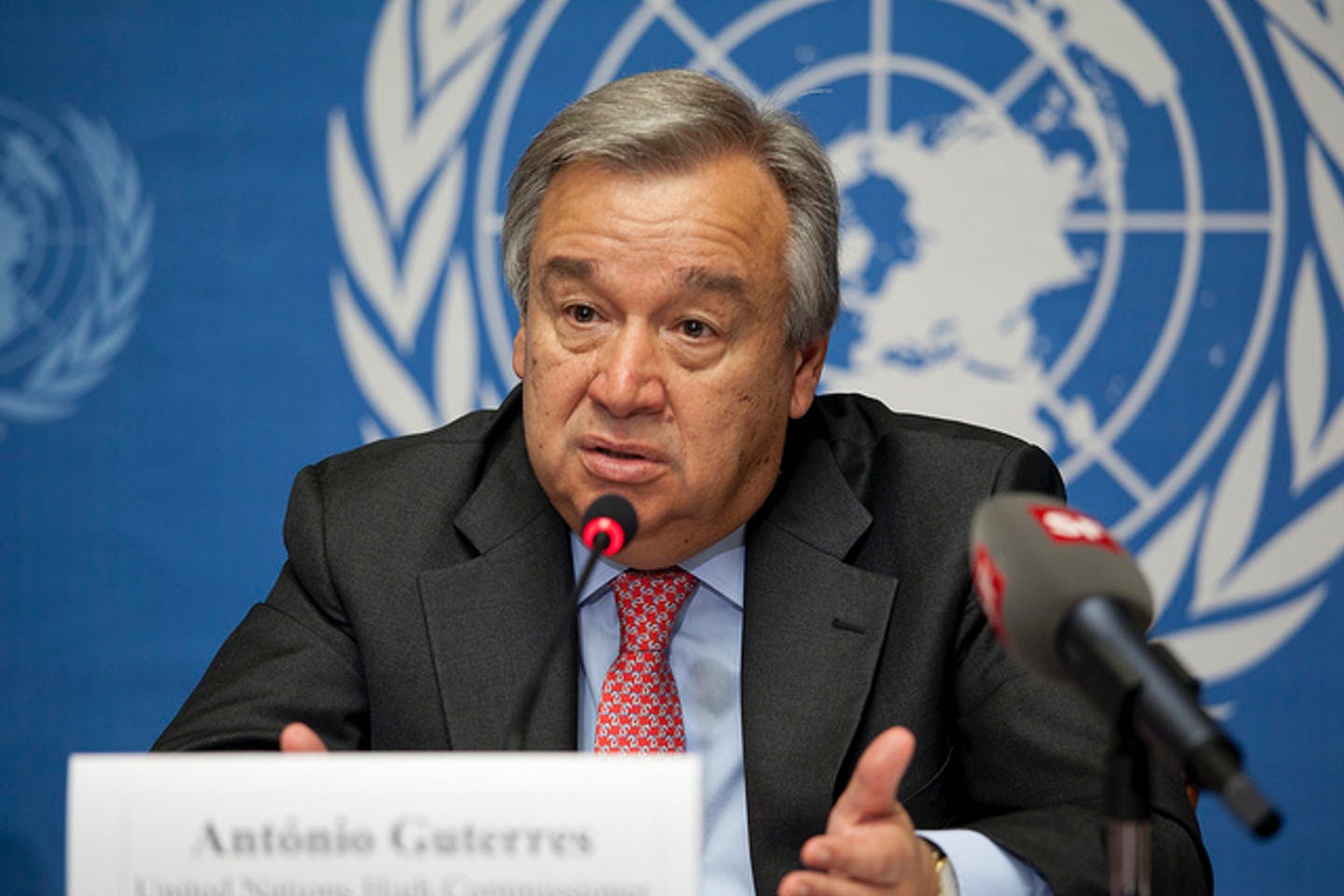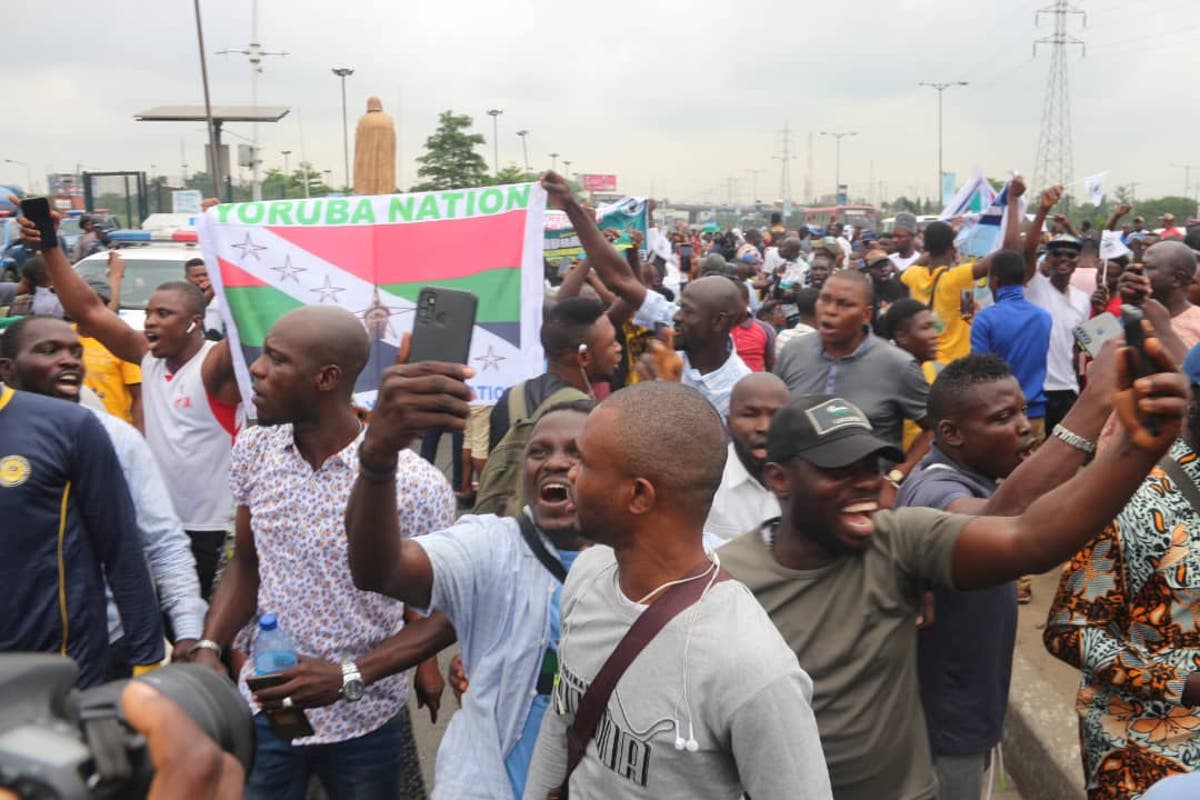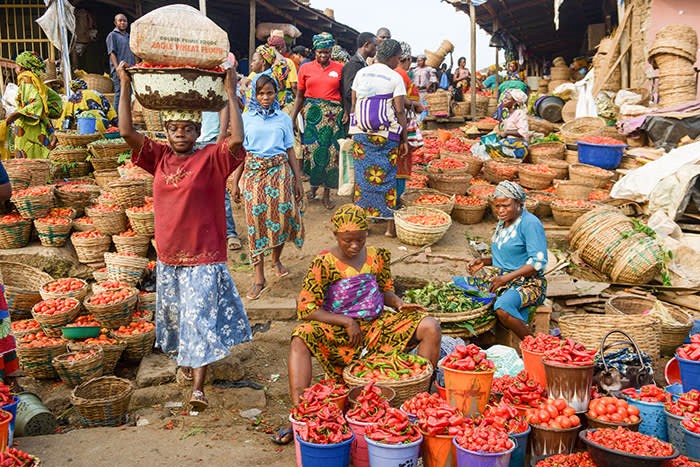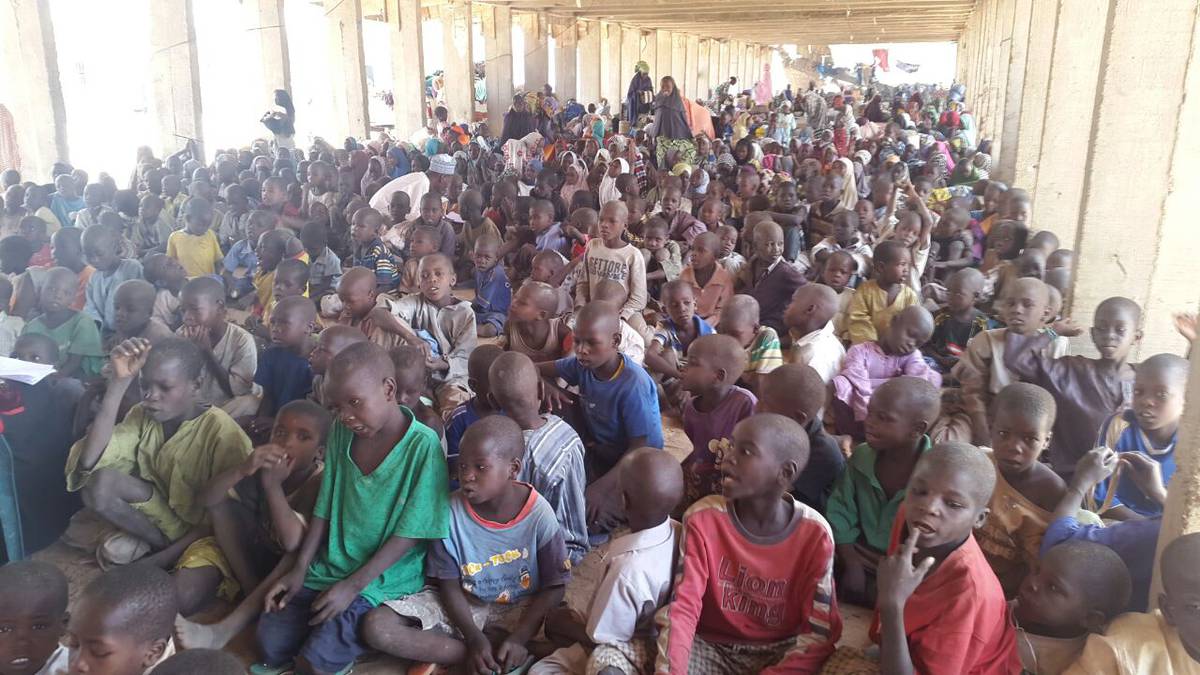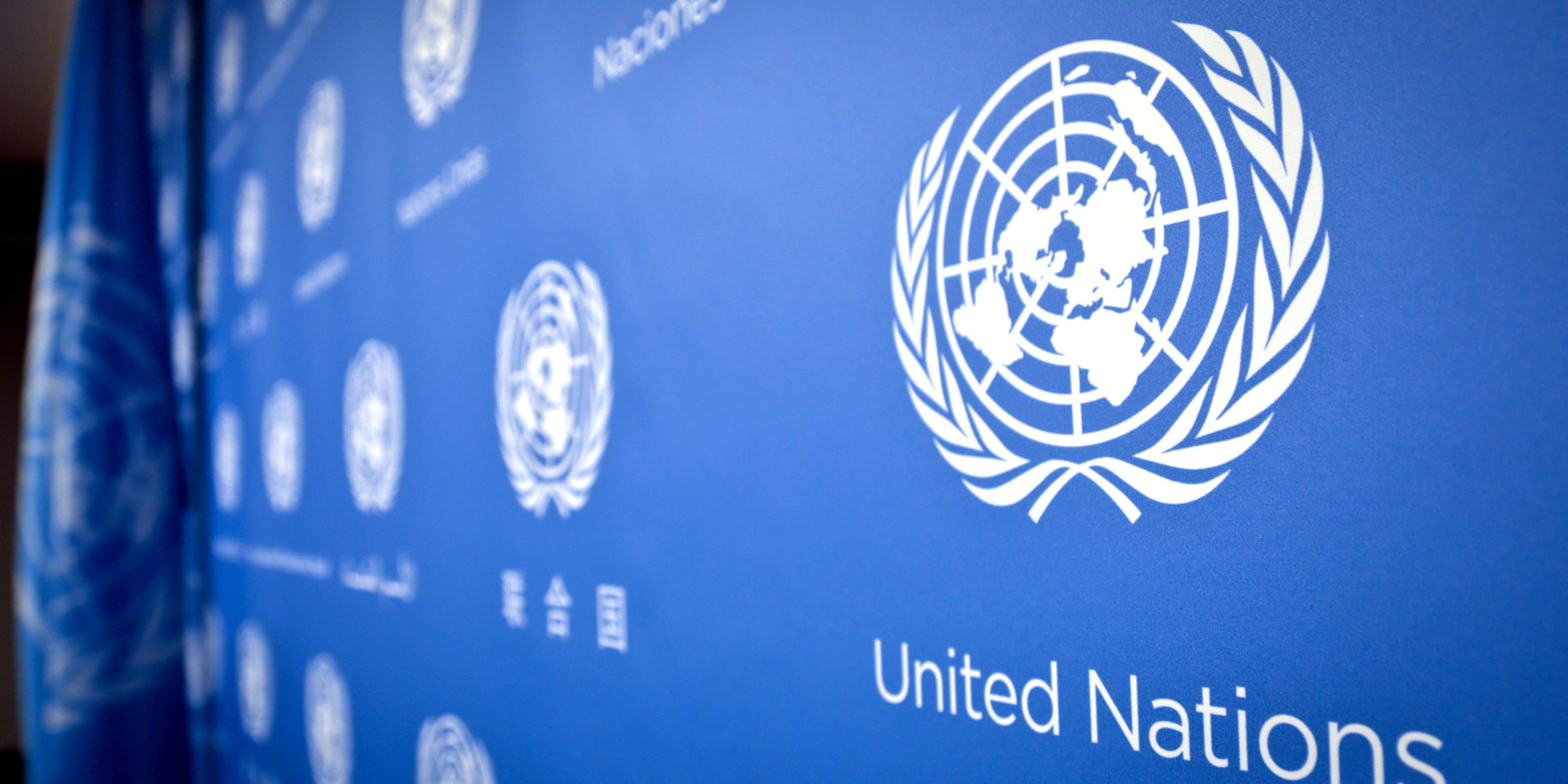The United Nations, UN says COVID-19 has magnified the challenges of making the world meet the Sustainable Development Goals (SDGs) as between 119 to 124 million people have been pushed back into poverty and chronic hunger.
SDGs Report 2021, launched on Tuesday at UN Headquarters in New York, showed the toll that the COVID-19 pandemic had taken on the 2030 Agenda.
The UN correspondent of the News Agency of Nigeria (NAN) reports that launch of the Report coincides with the annual High-Level Political Forum (HLPF) on SDGs.
According to the report, the world is not on track to meet the 17 SDGs before COVID-19 struck, and now the challenge has been magnified many times over.
“It indicated that countries must take ‘critical’ steps on the road out of the pandemic during the next 18 months.
“In addition to the almost four million deaths due to the coronavirus, between 119-124 million people were pushed back into poverty and chronic hunger, and the equivalent of 255 million full-time jobs were lost
“The pandemic has halted, or reversed, years, or even decades of development progress. Global extreme poverty rose for the first time since 1998,” said UN Under-Secretary-General Liu PCC new Chief Commissioner pledges to resolve complaints, during the launch.
Moreover, disruptions to essential health services have threatened years of progress in improving maternal and child health, increasing immunisation coverage, and reducing communicable and non-communicable diseases.
Around 90 per cent of countries are still reporting one or more significant disruptions to essential health services.
The report also indicates that the pandemic has exposed and intensified inequalities within and between countries.
As of 17 June, around 68 vaccine shots were administered for every 100 people in Europe and Northern America – compared with fewer than two, in sub-Saharan Africa.
Millions of children risk never returning to school; while rising numbers have been forced into child marriage and child labour.
With trillions of tourist dollars lost during the pandemic shutdowns, the collapse of international tourism has disproportionally impacted struggling Small Island Developing States.
“The poorest and most vulnerable continue to be at greater risk of becoming infected by the virus and have borne the brunt of the economic fallout,” Liu said.
While an economic recovery is under way, led by China and the United States, in many other countries, economic growth is not expected to return to pre-pandemic levels before 2022 or 2023.
Meanwhile, global flows of foreign direct investment fell by 40 per cent in 2020 compared to 2019. The report shows the pandemic has brought immense financial challenges, especially for developing countries – with a significant rise in debt distress.
“This report paints a worrying picture regarding the state of the SDGs. Yet, it also highlights stories of resilience, adaptability and innovation during the crisis, which indicate a brighter future is possible,” Liu noted.
He added that there were signs that countries were taking steps under their recovery plans that could improve SDGs action and that the next 18 months are critical.
According to the report, to get the SDGs back on track, governments, cities, businesses and industries have to use the recovery to adopt low-carbon, resilient and inclusive development pathways that will reduce carbon emissions, conserve natural resources, create better jobs, advance gender equality and tackle growing inequities
“We are at a critical juncture in human history. The decisions and actions we take today will have momentous consequences for future generations. Lessons learned from the pandemic will help us rise to current and future challenges.’’
The Under-Secretary General explained that the upcoming months will determine whether the COVID-19 crisis serves as a ‘much-needed wake-up call.
“The global community, first and foremost, needs to ensure equitable access to COVID-19 vaccines and treatments. This is a critical step that can truly spur a decade of action,” the official said.
The 2030 Agenda, adopted by all UN Member States in 2015, provides a shared blueprint for peace and prosperity for people and the planet, now and into the future.
At its heart are the 17 Global Goals, to improve health and education, reduce inequality, and spur economic growth – all while tackling climate change and working to preserve our oceans and forests.
The launch of the 2021 SDG report coincides with the start of the HLPF on Tuesday and the event is the core UN platform for follow-up and review of the 2030 Agenda.
The meeting will continue through July 15th, under the auspices of the Economic and Social Council (ECOSOC). This includes the three-day ministerial meeting that started today.
The ministers will discuss ways to ensure a sustainable and resilient recovery from COVID-19 that puts the world on track to realise the 2030 Agenda.
43 countries will also present their voluntary national reviews of their implementation of the 2030 Agenda.
The meeting will put the spotlight on nine Global Goals this year: ending poverty, zero hunger, improving health, decent work, reducing inequalities, responsible consumption and production; climate action, sustaining peace, and building partnerships.

